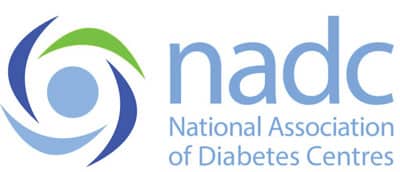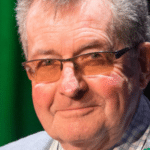
Frank
Alford
Member Bio
Frank Alford
Professor Frank Alford graduated from Melbourne University in 1964, later obtaining his MRACP (1968), MD (1974) and FRACP (1974). Postgraduate training was at Stanford University, California and Middlesex Hospital, London. He returned to Australia as Staff Endocrinologist and then Director of Endocrinology and Diabetes, St Vincent’s Hospital, Melbourne until 2001. More recently, he has been coordinator of the Diabetes and Endocrine Centre, St John of God, Hospital, Bendigo, Victoria. He is a Professorial Fellow of the University of Melbourne. He was secretary of Council ADS (1977-1980) and vice president and president of ADS (1982-1988); Founding Convenor of the ADS Research Foundation (which became DART); founding member of the NADC committee; member of the Accreditation Committee of NADC; and currently a member of the Steering Committee of the NADC. He is author of 170 research publications, which focus on: the patho-physiology of insulin resistance; beta cell dysfunction; metabolic abnormalities of growth hormone deficiency in adults; and the patho-physiology of type 2 diabetes. He received the Claude Kellion Lecture award in 2011.
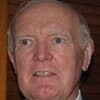
Paul
Bartley
Member Bio
Paul Bartley (Deceased)
Professor Paul Bartley graduated in medicine from the University of Queensland with first-class honours in 1967 and received the MRA CP in 1971 and the FRA CP in 1975. My research experience was in the Department of Medicine at the University of Queensland and at the National Institutes of Health at Bethesda on a US PHS research Fellowship. On return to Australia I was director of endocrinology at in Greenslopes Hospital and since leaving that have been in private practice. I joined the Australian diabetes Society in the late 1970s and 1988 was elected to its council where I stayed till the end of 1996 and held the offices of council member, Treasurer, Vice President and President from 1994 through 1996. I served on the National Action Plan implementation committee and was also a member of the Specialist Advisory Committee in Endocrinology for the Royal Australasian College of Physicians (RACP). I served as Director of Diabetes Australia for eight years on the national body. While on the council I implemented incorporation for the society.
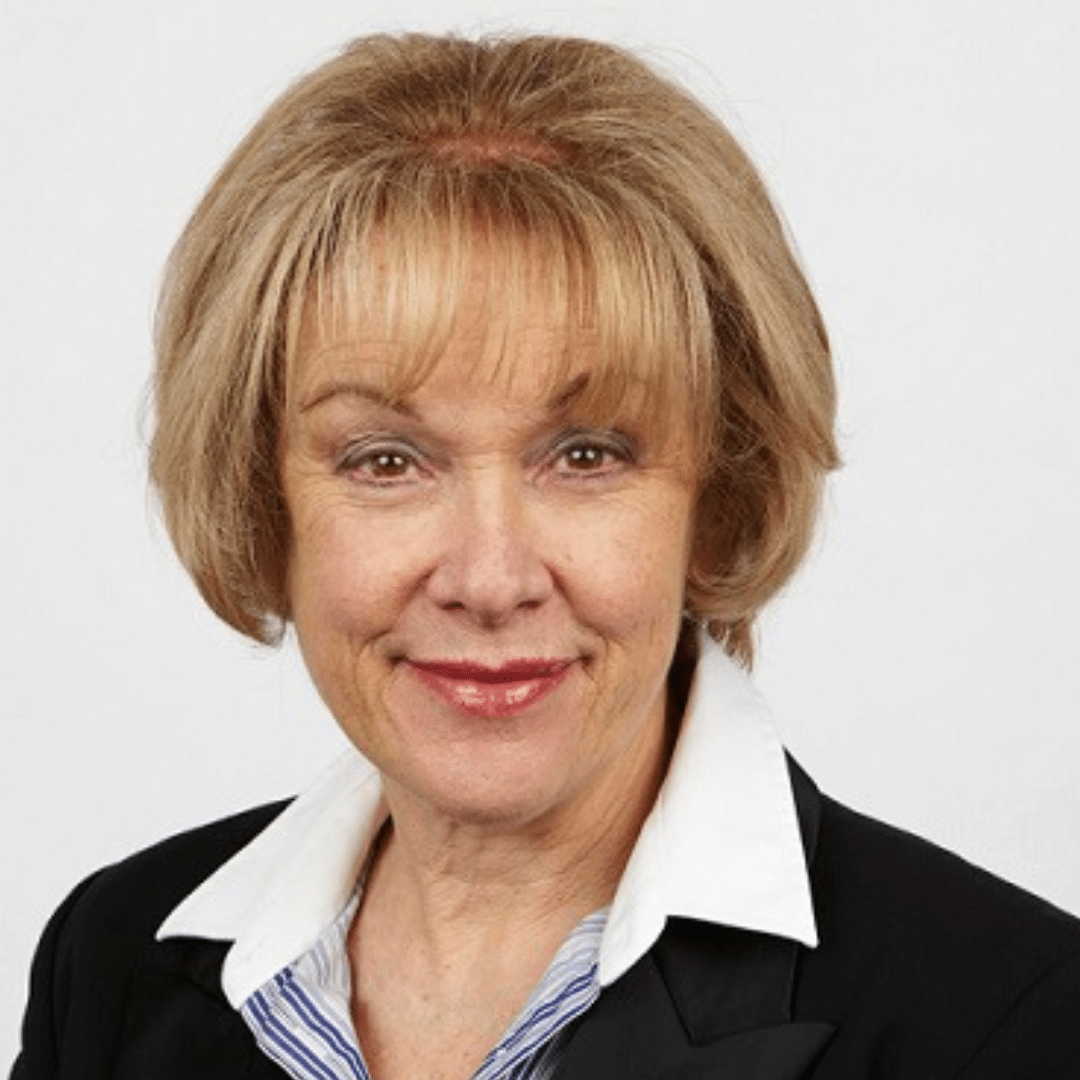
Lesley
Campbell
Member Bio
Lesley Campbell
Professor Lesley Campbell commenced diabetes research at St Vincent’s Hospital with studies in the artificial pancreas with Prof Ted Kraegen and was first to report loss of hypoglycaemia counter-regulation in type 1 diabetes. Investigation of relatives of people with type 2 diabetes, convinced me of its heritability. I spoke in Karolinska Institute, Stockholm and awarded Swedish Society of Medicine Medal. I was invited to Copenhagen, to Bangkok and Malaysian Diabetes Meetings to talk about diabetes. I have served on national and international committees and as medical consultant to lay diabetes groups to support the needs and concerns of people with diabetes. I have spoken and written about the gender gap in recognition and treatment of cardiovascular disease in diabetic women. My continuing clinical work and research fires my advocacy for people with diabetes and their daily challenges. Their courage is inspiring and their care is a privilege. Some of my recent research focuses an unmet area of need: diabetes distress and depression. I have received an NHMRC Project Grant (with the Black Dog Institute) on Management of Depression in T2DM: 2014-6. My scientific work with Prof Arthur Jenkins shows people with type 2 diabetes gain weight because of their obesity genes, which are “survival” genes. I have given talks, interviews and written articles for people with diabetes to help people alleviate guilt, stress and blame. There is always more to do than time (or money) but it is very rewarding work.
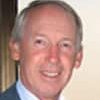
John
Carter AO
Member Bio
John Carter AO
Professor John Carter AO joined the Australian Diabetes Society in 1973 when undertaking a post-graduate fellowship at the Garvan Institute of Medical Research. After being awarded his Doctorate for a thesis on Thyroid Function in Severe, Chronic Illness, he spent two years in Winnipeg, Canada & subsequently became the foundation Director of Endocrinology & Metabolism at Concord Hospital . From 1988-1992 he was a councilor of the ADS & was President from 1992-1994. In 1995 he was Chairman of the Diabetes National Action Plan Implementation Committee & from 1996-2000 was Chairman of the Commonwealth Ministerial Advisory Committee on Diabetes. From 2000,-2004 he was a member of the National Diabetes Strategy Group. He is a Clinical Professor of Medicine at the University of Sydney, & was awarded an AO for services to diabetes in 2000.
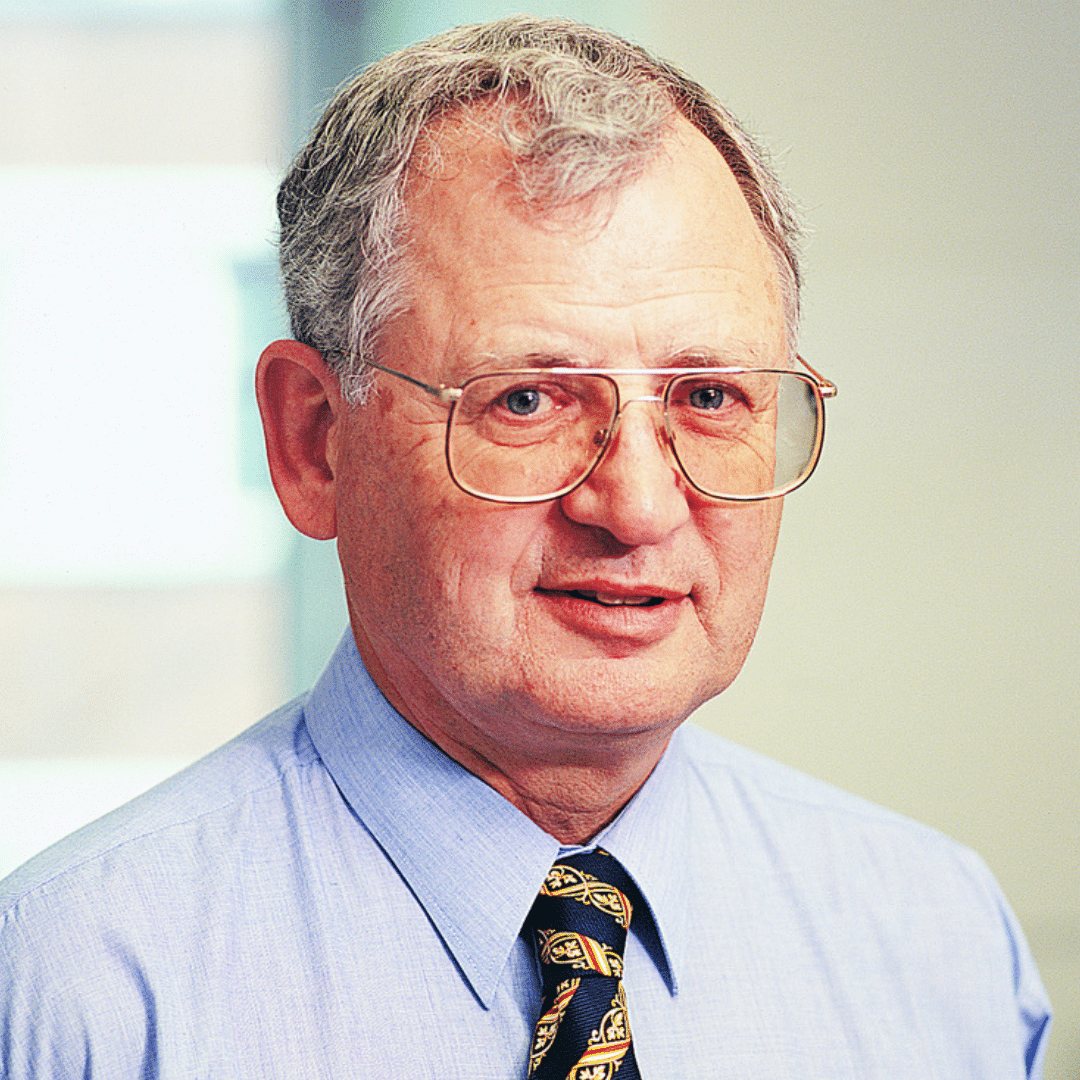
Don
Chisholm AO
Member Bio
Don Chisholm AO
Professor Don Chisholm has been involved in diabetes research and clinical practice for over 40years and has published over 250 original papers or reviews/editorials, with a recent annual citation rate over 600. He is Professor of Endocrinology at St Vincent’s Hospital Sydney, UNSW and the Garvan Institute of Medical Research (Diabetes and Obesity Program). He has been President of ADS (1984-86), Vice President (1997-2003) and Chairman of the Congress Program Committee (1985-88) of the IDF and a Councillor of the Royal Australasian College of Physicians (1986-95). He was a member of the National Board of Directors of St Vincents Health Australia (1996-2005) and chair, National Diabetes Strategy Group, Commonwealth Department of Health (2001-2005).He is currently Chair of the Board of the Diabetes Vaccine Development Centre. He has been awarded the College Medal by the RACP, the Kellion Award by the ADS, the Kempson Maddox award by DA NSW and an Officer in the Order of Australia.
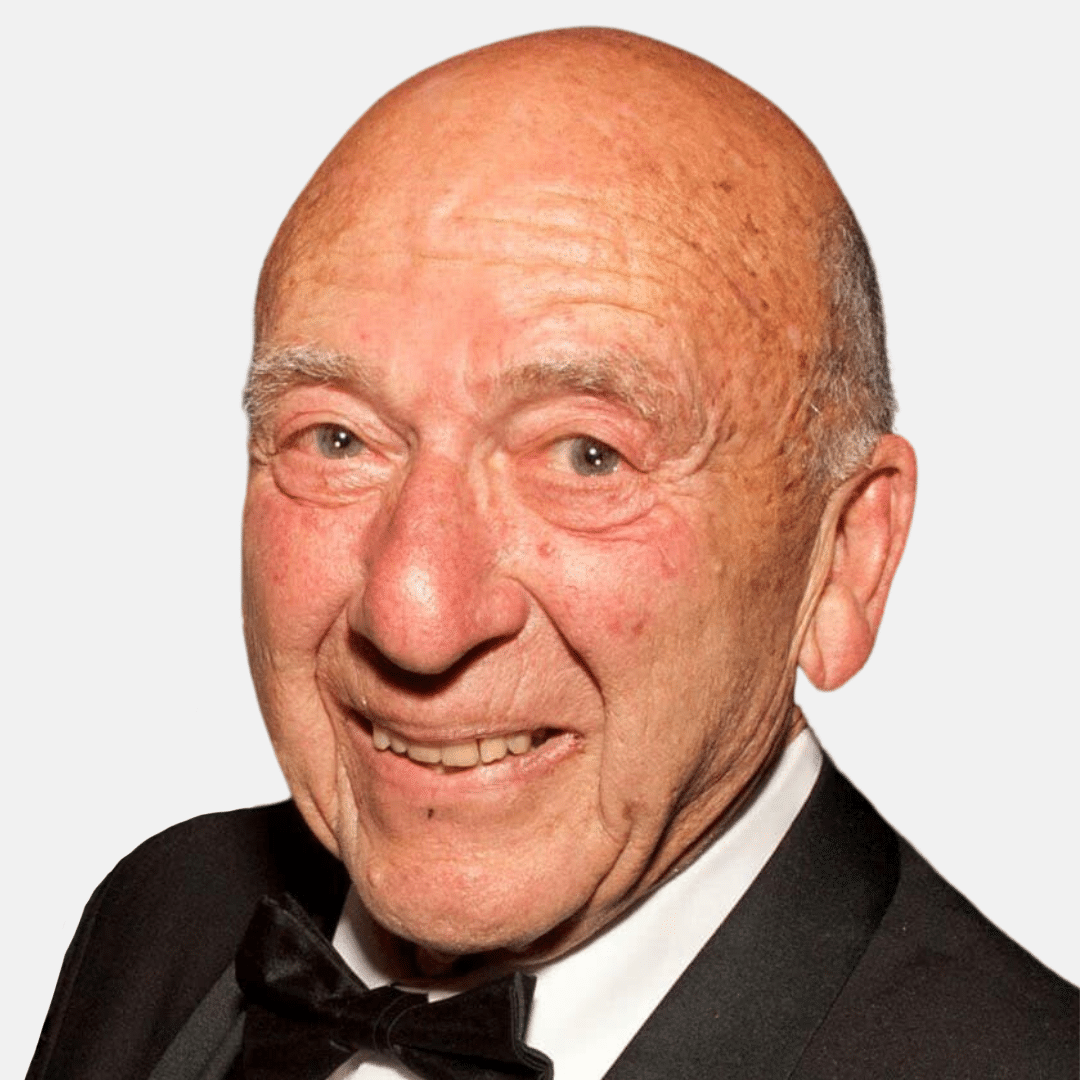
Alex
Cohen AO
Member Bio
Alex Cohen AO
Professor Alex Cohen’s career in diabetes commenced at Hammersmith Hospital in 1954 followed by a year at Kings College Hospital under the venerated Robin Lawrence. A further period at the Edinburgh Royal Infirmary working with the original BZ55 Carbutamide oral hypoglycaemic before returning to Perth the head up the diabetic unit for many years following the departure of John Calder. Further studies for twelve months at Harvard on Alcohol Hypoglycaemia before returning to Royal Perth Hospital where I remained until becoming PRACP in 1992. Studies in diabetes centred particularly around the metabolic abnormalities of Polycystic Ovary Disease.Board of Diabetes Australia 1998 until2003. For over ten years Alex was the President of the Diabetes Research Foundation of WA where, in addition to maintaining support for local scientists, sufficient funds were raised to found a Chair of Diabetes Research in the University of Western Australia in 2003 which has gone from strength to strength. From 2001 t0 2003 Alex was Chancellor of the University of Western Australia. Retired in 2004.
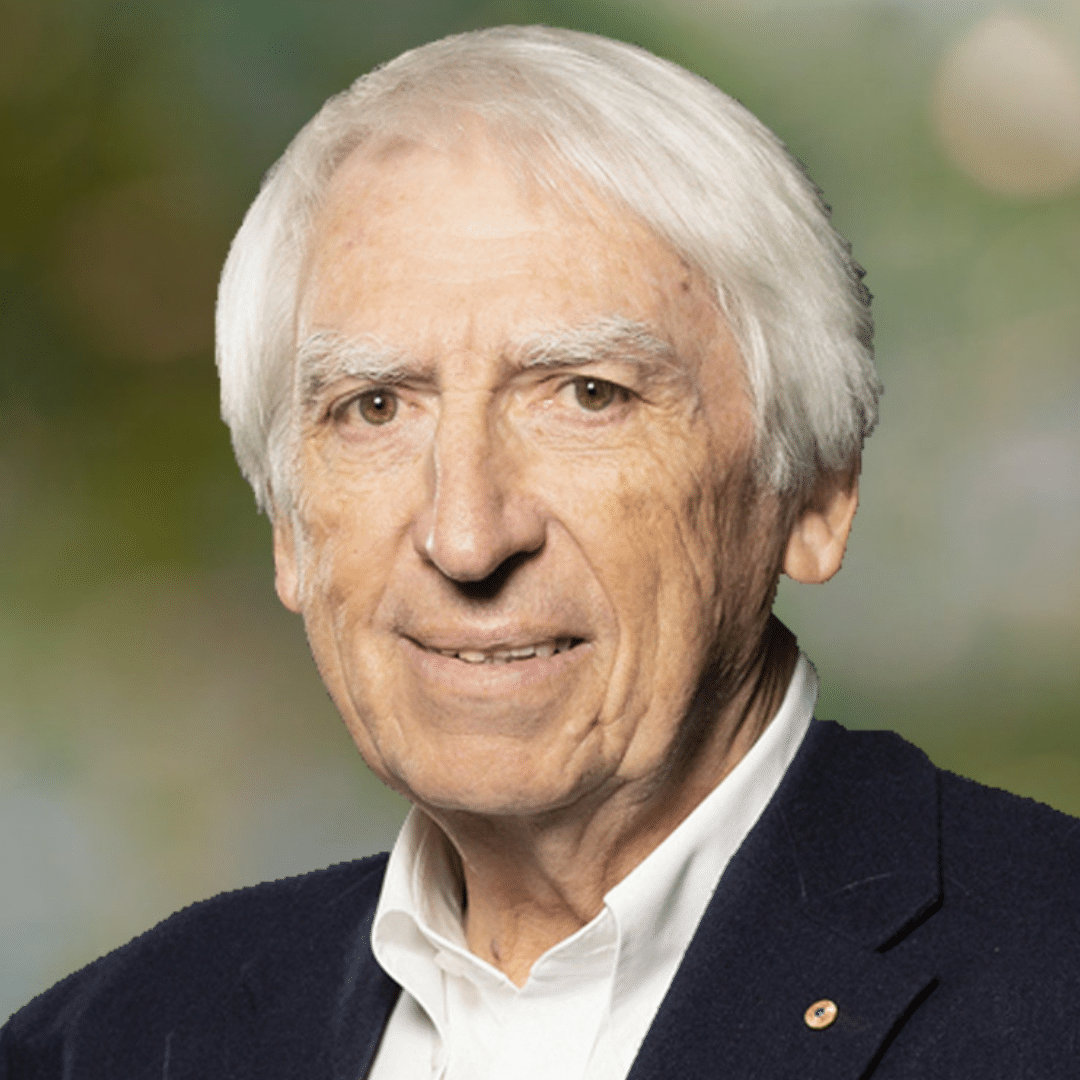
Stephen
Colagiuri AO
Member Bio
Stephen Colagiuri AO
Professor Stephen Colagiuri AO is Professor of Metabolic Health and Director of The Boden Institute at the University of Sydney. He is also Co-Director, World Health Organization Collaborating Centre on Physical Activity, Nutrition and Obesity. His research interests focus on the development and implementation of evidence-based guidelines, cardiometabolic and vascular risk assessment, diabetes screening and prevention, economic aspects of diabetes and obesity, and diabetes care delivery. He has previously served as President of the Australian Diabetes Society and Chair of the International Diabetes Federation Task Force on Clinical Guidelines. He is a member of the Diabetes Expert Advisory Committee of the Commonwealth Department of Health and an advisor on diabetes to the World Health Organization. Professor Colagiuri is currently Editor-in-Chief of the IDF journal, Diabetes Research and Clinical Practice, and has published over 200 scientific papers.
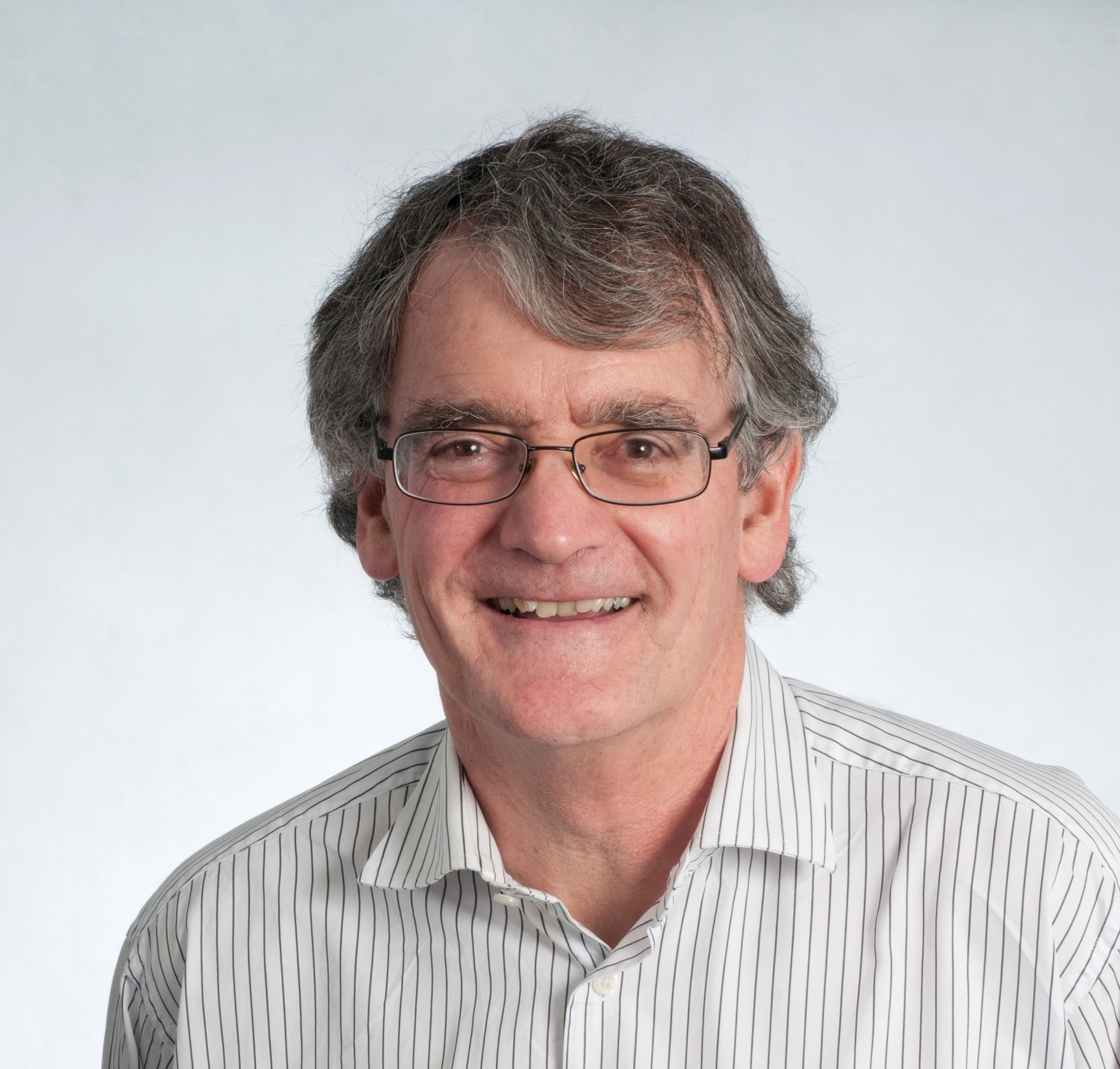
Peter
Colman AM
Member Bio
Peter Colman AM
Professor Peter Colman AM has been Head of the Department of Diabetes and Endocrinology, Royal Melbourne Hospital since 1992 and Professor of Medicine at University of Melbourne and Walter and Eliza Hall Institute. His MD at University of Melbourne with Professor Len Harrison and post-doctoral research at the Joslin Clinic, Boston with Professor George Eisenbarth propelled him into the Prediction and Prevention of Type 1 diabetes, a field in which he has been active during his whole career. He was an ADS councillor from 1990-1994, Treasurer 1994-1996 and President 1996-1998. He served as a member of the Ministerial Advisory Committee on Diabetes from 1997-1999, Chairman of the National Diabetes Expert Advisory Committee from 2006-2008 and Boards of Diabetes Australia and Diabetes Victoria. He is currently editor of the Diabetes Management Journal for ADS and DA and in 2015 was awarded the Diabetes Australia Award for Outstanding Achievement in Diabetes Research.
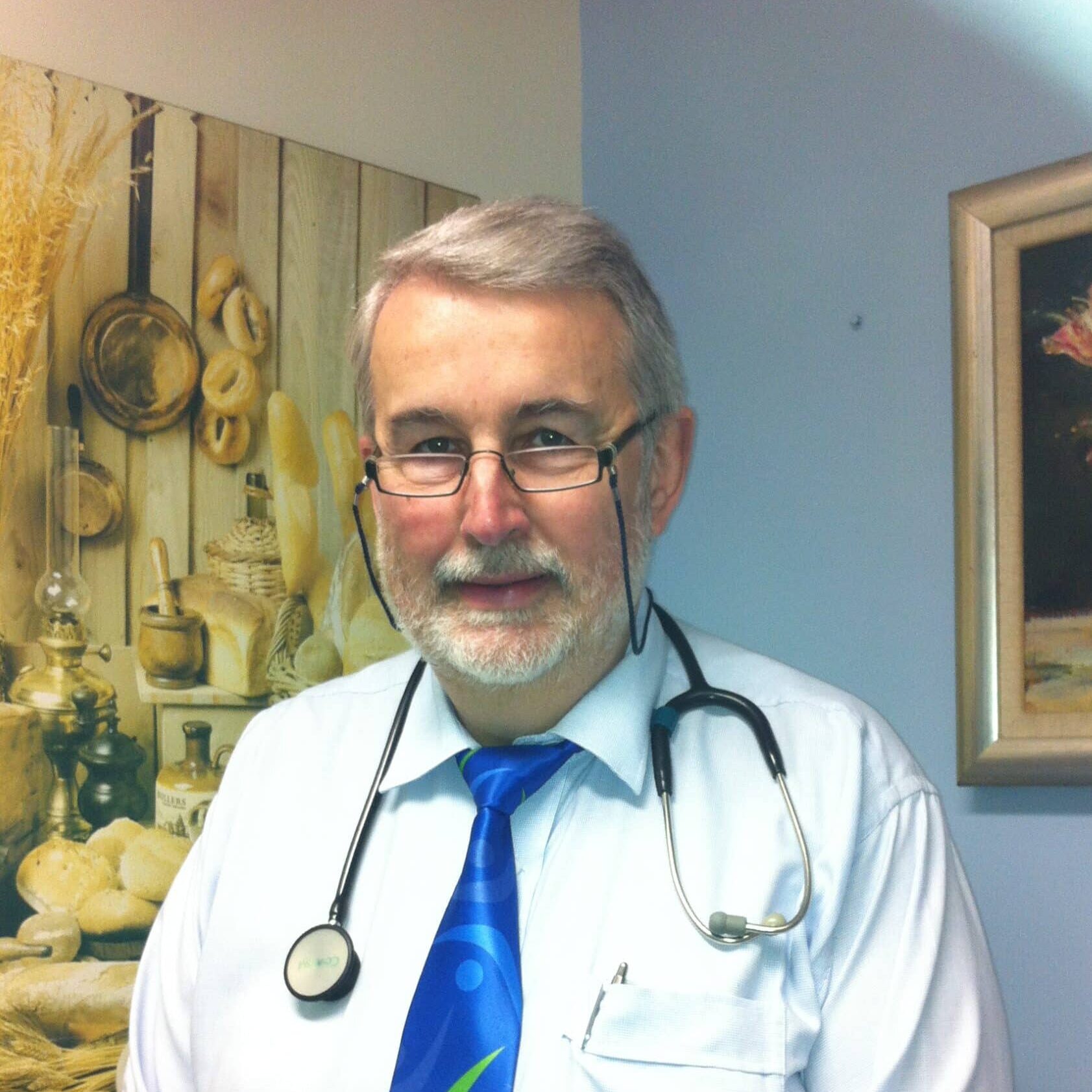
Jeff
Flack AM
Member Bio
Jeff Flack AM
Professor Jeff Flack AM MBBS FRACP MM is Senior Staff Specialist Endocrinologist, Head, Department of Diabetes & Endocrinology and Director, Diabetes Centre Bankstown-Lidcombe Hospital. His main area of clinical research interest is Information Technology applications in Medicine, especially Data sets and Quality Audit initiatives involving Diabetes Data collection, analysis and reporting. He developed [with Professor Stephen Colagiuri] the Australian National Diabetes Information Audit and Benchmarking initiative, [ANDIAB], that collated diabetes data from Specialist Diabetes Services in Australia and benchmarks results for participants to review their process and outcomes data with peers. ANDIAB ran as a Pilot in 1998, thence in 1999, 2000, 2002, 2004, 2006, 2009 and 2011. ANDIAB2 (a more ‘education and patient self-care focused’ initiative than the ‘medically focused’ ANDIAB), ran as a Pilot in 2005, thence in 2010 and 2012. He Chaired the National Diabetes Data Working Group [NDDWG] until 2012, the Advisory Committee to the National Centre for Monitoring Diabetes (Incorporating the National Diabetes Register) at the AIHW. He served on ADS Council from 2000-2006, and was ADS President 2004-2006. He is a Conjoint Professor, School of Medicine Western Sydney University and Conjoint Associate Professor, Faculty of Medicine UNSW. In August 2014 he was awarded Honorary Life Membership of the Society and an award for Outstanding Contribution to the Australian Diabetes Society including ANDIAB. Professor Flack received an AM in the Australia Day 2016 Honours List.
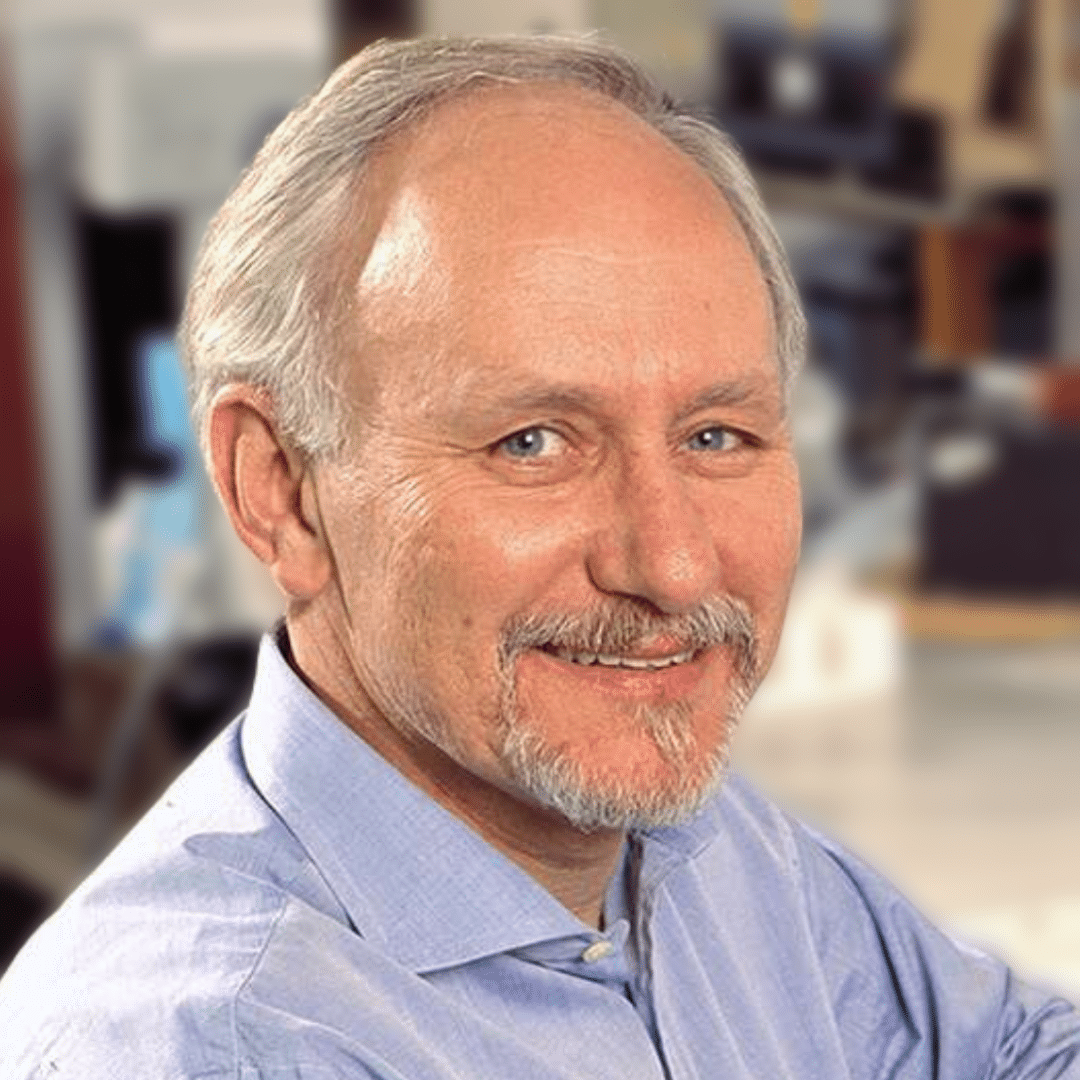
Len
Harrison
Member Bio
Len Harrison
Professor Len Harrison MB BS (UNSW), MD (UMelb), DSc (UMelb), FRACP, FRCPA is a Professor in the Department of Human Biology, University of Melbourne, and Head, Autoimmunity and Transplantation Division, Walter and Eliza Hall Institute of Medical Research, and Burnet Clinical Research Unit, Royal Melbourne Hospital (RMH). He was Director of the Department of Clinical Immunology, RMH, from 1987-2009. Prior to post-doctoral research at the NIH on a C.J. Martin Fellowship, he worked with Roger Melick and FIR (‘Skip’) Martin. On returning to Melbourne he was Endocrinologist and Head of the Endocrine Lab at RMH until his current appointments in 1987. His research is focused on the pathogenesis and prevention of diabetes. Len is an author on over 480 research publications and several books. His awards for research include the Wellcome (Glaxo) Australia Medal, Susman Prize from the RACP, Kellion Medal from the ADS and Rumbough Award from the Juvenile Diabetes Research Foundation (JDRF) International. He has served on NHMRC Medical Research Committee and the Health Research Ethics Committee, been a Director of the Australian Society for Medical Research, Secretary and President of the Australian Diabetes Society, Chairman of the Scientific Review Committee of the JDRF, member of the JDRF Research Advisory Board, President of the Immunology of Diabetes Society, and is a Center Director, Trialnet International.
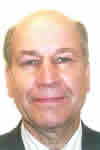
George
Jerums AM
Member Bio
George Jerums AM
Professor George Jerums AM graduated in Medicine from the University of Melbourne in 1962. After Resident and Registrar years at the Royal Melbourne Hospital, he worked on the role of the Renin Angiotensin System in Hypertension, at the Austin Hospital and graduated MD in 1970. Following postgraduate work in Cleveland and London, he was appointed a Wellcome Senior Clinical Research Fellow at the Austin Hospital in 1972. His research interests have focussed on diabetic complications, especially diabetic renal disease. The Kellion Award is a recent innovation by the Australian Diabetes Society. The late Claude Kellion A.M. established the Kellion Diabetes Foundation 30 years ago following the death of his son John Claude Kellion at the age of 38 years, from diabetes complications. Claude has donated many millions of dollars towards diabetes research, and included in the package was a donation to the Australian Diabetes Society to fund a visit by an eminent overseas Diabetologist who was required to present a lecture at the ADS Meeting and also deliver lectures in other states. The new Kellion Award has only been in existence since 2000. Professor George Jerums received the inaugural Distinguished Scientist Award to mark Austin Health’s 2005 Research Week. The award was granted by the Austin Hospital Medical Research Foundation and recognises his prominence as a scientist and his contribution to the research community. Professor Jerums’ major contribution to research has been the early detection and treatment of diabetic renal disease. Four years ago he was awarded the prestigious Kellion Award by the Australian Diabetes Society for this work. Professor Jerums received an AM in the Australia Day 2011 Honours. This is a fitting recognition for a truly outstanding lifetime contribution to medical research at Austin Health. He is currently Endocrinologist at Austin Health and Professorial Fellow, University of Melbourne.
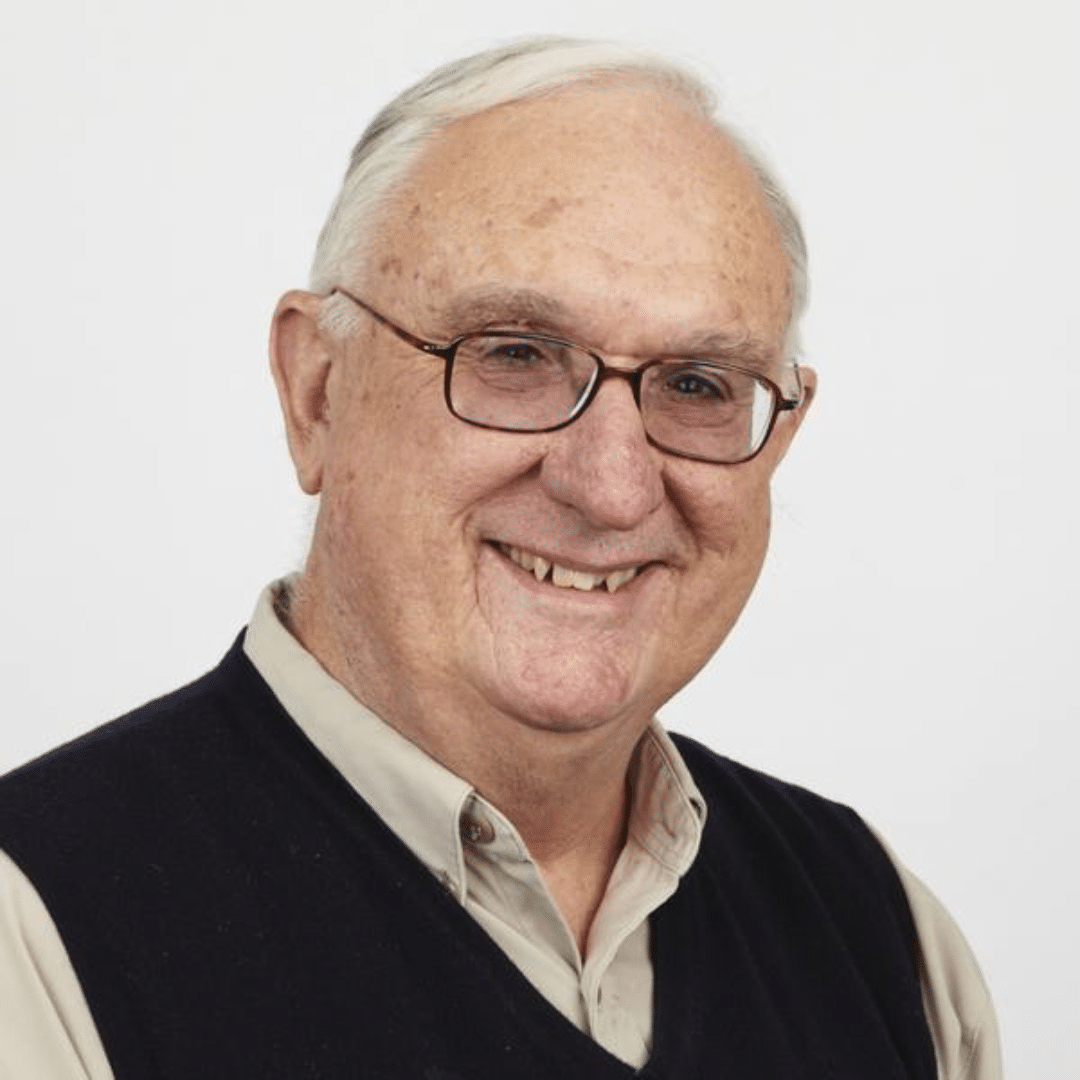
Edward (Ted)
Kraegen
Member Bio
Edward (Ted) Kraegen
Professor Edward (Ted) Kraegen BSc PhD DSc has spent a career-long period of 5 decades in diabetes research at the Garvan Institute, starting as a PhD student in the mid-sixties and now in emeritus capacity. Prior to retiring from fulltime research in 2014 he held positions of Head Diabetes Research Group, NH&MRC Senior Principal Research Fellow and Conjoint Professor UNSW. Ted’s research was continuously supported by the NH&MRC, including as a joint Chief Investigator in two Program Grants. His early research focussed on optimisation of insulin delivery, moving in the 80s to problems of Type 2 Diabetes and insulin resistance. He and his colleagues then developed innovative physiological and tracer techniques, now highly cited and used internationally, to study in vivo insulin resistance. In one example using this methodology Ted’s group were the first to identify ectopic fat accumulation as a major metabolic factor leading to insulin resistance. Overall Ted has published over 250 papers, with total citations in excess of 15000. He has contributed to ADS activities as a Councillor, Treasurer, Vice President, and Chairman of the Program Committee. He received the Kellion Medal in 2007. His main Editorial Board appointments have been Diabetes, including 5 years as an Associate Editor, Endocrinology and the American Journal of Physiology (Endocrinology and Metabolism). He received a Doctor of Science from UNSW in 2014 for his career contribution to diabetes research.
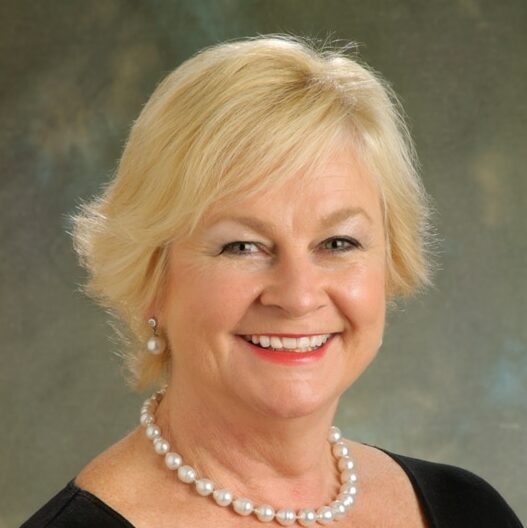
Margaret
McGill AM
Member Bio
Marg McGill AM
Adjunct Professor Marg McGill AM is with the Sydney Medical School and Sydney Nursing School, University of Sydney. She is Associate Director of the Royal Prince Alfred Hospital Diabetes Centre. Marg was Vice President of the International Diabetes Federation (IDF) from 2003 -2009. She was Chair of the IDF Consultative Section on Diabetes Education (DECS) for 9 years and developed its global education strategy during this time. She led the successful application for the RPAH Diabetes Centre to become an International Diabetes Federation Centre of Excellence in Education for health professionals. She was named in the 2011 Australia Day Honours List with the award of Order of Australia (AM) for her contribution to diabetes nationally and overseas.
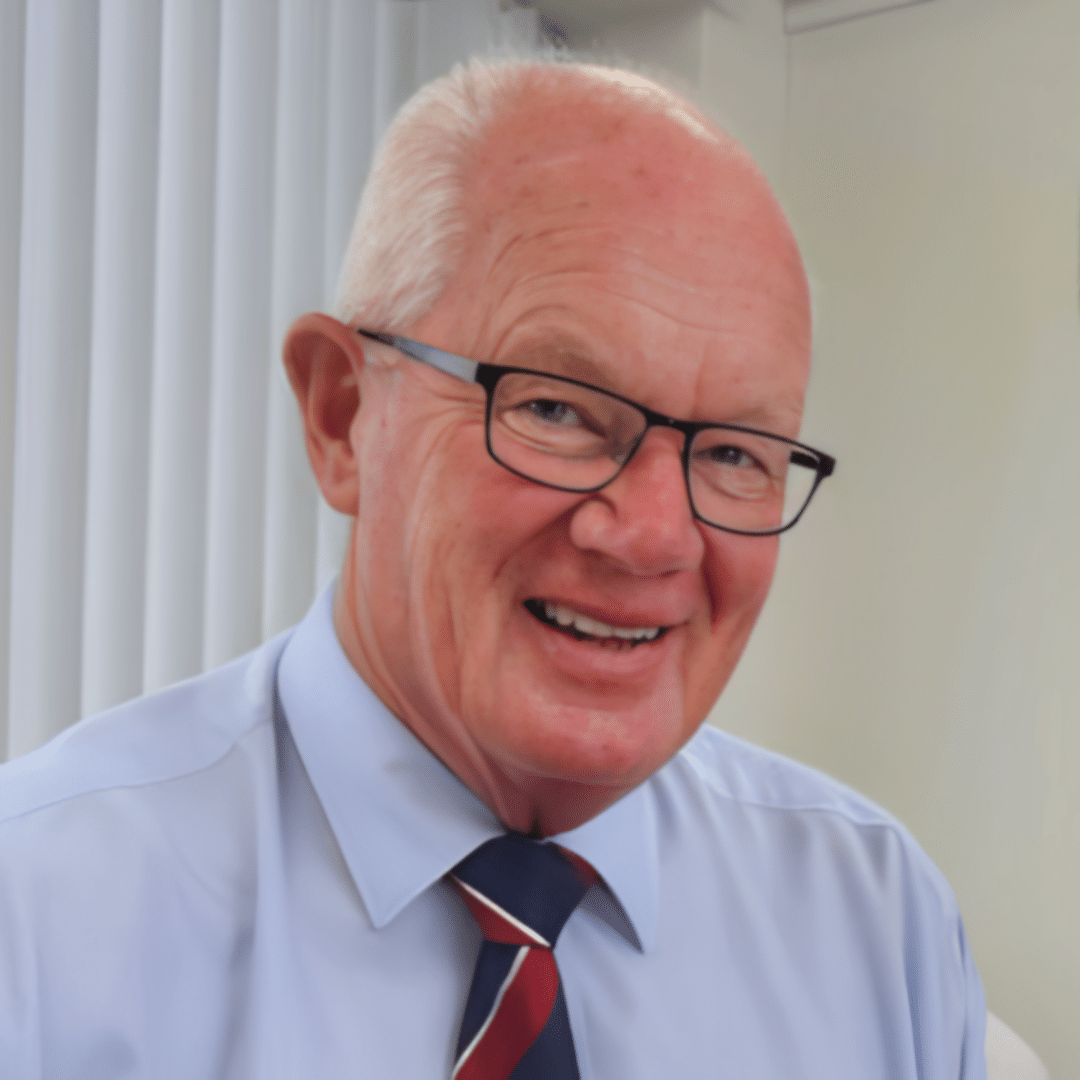
Robert
Moses OAM
Member Bio
Robert Moses OAM
Professor Robert Moses OAM graduated from the University of Sydney in 1969 and obtained Membership of the RACP at the relatively young age of 27. He commenced private practice in the Wollongong area as a general physician with an interest in endocrinology. Gradually this interest became focused into a predominantly endocrine/diabetes practice. In his forties Professor Moses attended the University of Wollongong and completed a BA and a MSc (Hons). He began to develop a primary interest in gestational diabetes and to use the data generated in private practice to publish extensively on this subject. In 1998 he became a part time staff specialist and accepted an honorary Professorial appointment with the University of Wollongong. In 2000, Professor Moses was awarded a MD from the University of Sydney for his work on GDM. For the past few years Professor Moses has been an Associate Editor of Diabetes Care with primary responsibility for submissions concerned with pregnancy. He continues in his part-time role and is prominent in national and international bodies related to diabetes in pregnancy.
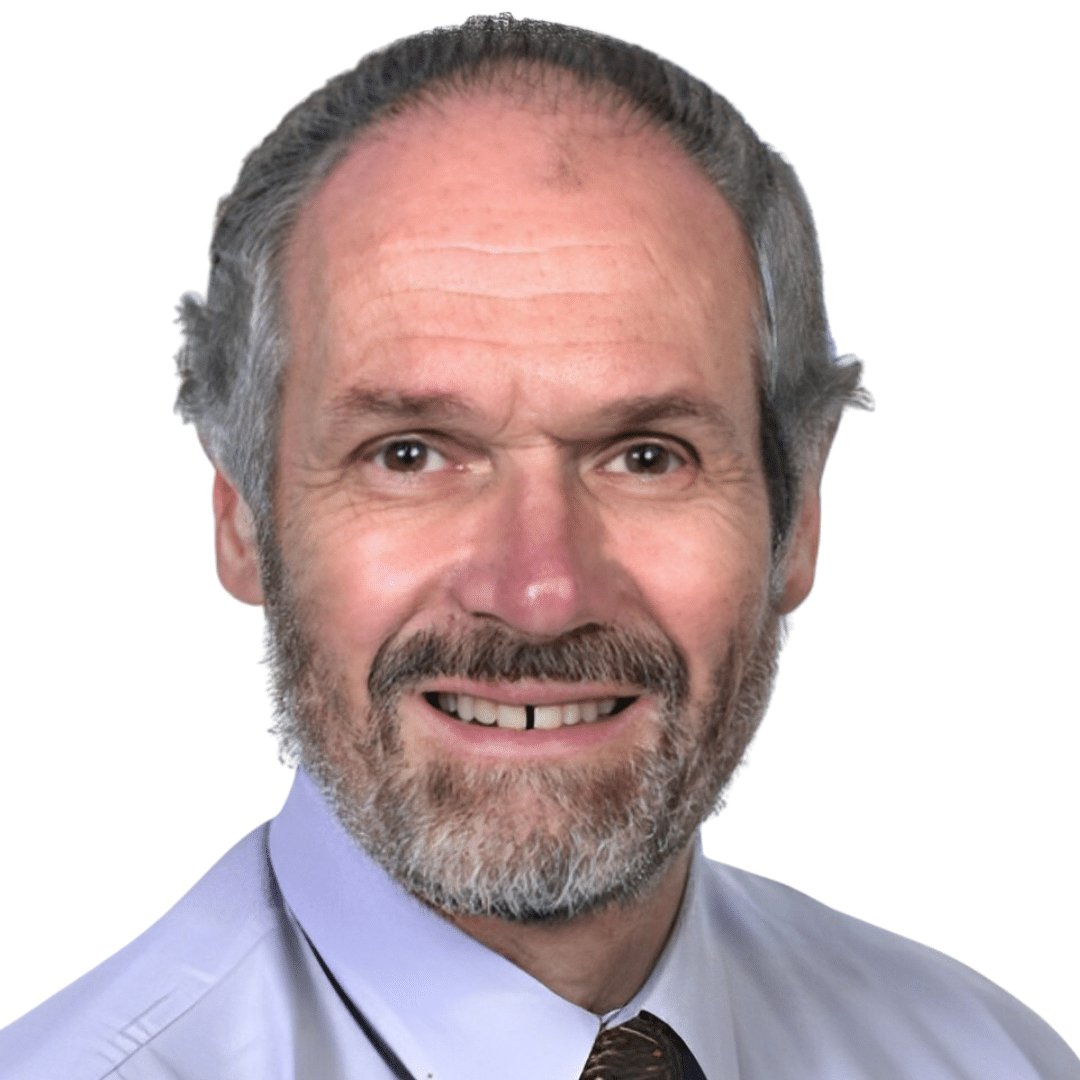
Patrick
Phillips AM
Member Bio
Dr Patrick Phillips AM
Apart from having a successful marriage, seven children (all but one a health professional) and 12 grandchildren, the best thing I did in my life was to join up to the Diabetes Organisations in Australia.
Most of my under-graduate and post-graduate training was in Adelaide, except for two years in Oxford UK obtaining a first class honours degree in physiology and biochemistry. I became a Member of the Royal Australasian College of Physicians in 1973 and a Fellow in 1977.
In 1974 I was employed as a trainee Chemical Pathologist at SA Pathology and completed the first part of training in 1977. In 1978 I spent 12 months in the United Kingdom with six months in Sheffield with Professor Woods doing clinical research on the pharmacology of metformin and six months in Southampton with Professor George Alberti doing laboratory research.
In 1980 I decided my future lay in clinical rather than laboratory work and took a position as Consultant Endocrinologist at the Flinders Medical Centre.
In 1987 I was appointed as Director of Endocrinology at The Queen Elizabeth Hospital and remained there until July 2010. In the 1980s I was invited to chair a National Diabetes Search Conference convened by Diabetes Australia. This included representatives from all over Australia involved in the states’ Diabetes Australia organisations, the Royal Australian College of General Practitioners, the ADS, the ADA, the Dietitians’ Association and the Australian Podiatry Council. The Conference agreed that national professional guidelines were a priority and all groups subsequently provided appropriate guidelines to their colleagues. I was also invited to succeed Paul Moffitt as Chair of the Healthcare and Education Committee of Diabetes (HCEC) Australia, which included representatives from Diabetes Australia, the RACGP and the ADEA. The HCEC produced the first set of National Guidelines for Australian general practitioners, which were (and still are) updated regularly. We also produced a diabetes manual for Australians with diabetes. I was also invited to chair the committee producing the first set of NH&MRC Guidelines for Diabetes Retinopathy, Prevention and treatment.
For many years with colleagues in Diabetes Australia I was the senior editor of “Diabetes Conquest” – a three-monthly national publication distributed by State and Territory branches of Diabetes Australia.
My family have always enjoyed camping and I was involved in several weekend camps for children, teenagers, their parents and adults with diabetes. I was invited to join the Diabetes Australia Committee involved in camps and to attend the National Youth Leadership camp for teenagers with diabetes which was held in Western Australia.
Over the years I have been involved in various professional societies at a senior level and this work was recognised in 2009 through an award from the Australian Diabetes Educators’ Association and honorary life membership in the Australian Diabetes Society.
Throughout my career I have been actively involved in professional education at the under-graduate and post-graduate levels of medical, nursing and allied health professionals. We set up the first university course for diabetes educators at the Flinders University and I have been actively involved in general practitioner education over the years through extensive publications in the general practitioner literature as well as through meetings with various individual practices and seminars organised by the appropriate general practice.
While at The Queen Elizabeth Hospital I established the Diabetes Outreach programme which focused on training and maintaining the skills and capacity of country nursing, allied health professionals and general practitioners in country South Australia.
In 2004 AUSAID involved me in its programme to improve healthcare capacity in the Pacific Island nations and I visited Fiji, Tuvalu and Vanuatu on several occasions to establish systems for diabetes care. Between 2008 and 2010 I was invited to centres in Taiwan, China and India to advise on diabetes care.
In my work at The Queen Elizabeth Hospital I established links between the diabetes service providers within the Hospital, community health centres, Royal District Nursing Society and the regional general practitioner groups.
Within the Australian Diabetes Society I was a council member in 1988 and acted as Secretary between 1990 and 1994, as well as being involved in several programme organising committees for the national ADS meetings.
My work with Diabetes Australia, the ADS, the ADEA, the National Health and Medical Research Council and AUSAID has given me the opportunity to work with peers in other units in Australia and overseas and to be involved with national and state governments in developing programs for diabetes improvements.
After I left The Queen Elizabeth Hospital I spent 10 years in private practice and I retired in 2020.
As noted above, one of the best decisions in my life was to become involved and to contribute to diabetes care in Australia.
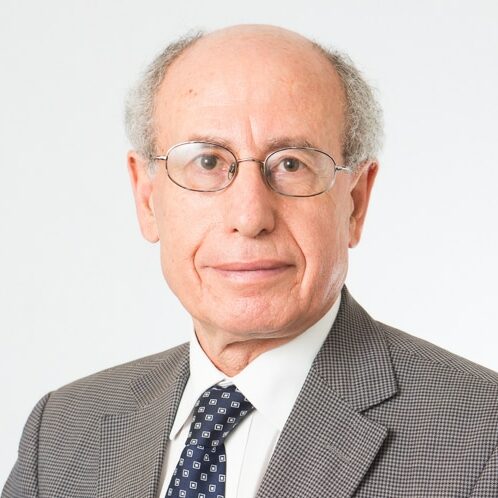
Joseph
Proietto AM
Member Bio
Joseph Proietto AM
Professor Joseph Proietto AM is the inaugural Sir Edward Dunlop Medical Research Foundation, Professor of Medicine, in the Department of Medicine Austin Health, University of Melbourne. Professor Proietto is a scientist and clinician investigating the genetic and biochemical causes of obesity and type 2 diabetes. He has been on the Council of the Australian Diabetes Society and has served on the Board of Diabetes Australia acting as Chairman of its Medical Educational and Scientific Council. He was Chairman of the National Association of Diabetes Centres. Professor Proietto has published over 150 articles, book chapters and books on obesity and diabetes. He is an editor and reviewer of a number of international scientific journals.
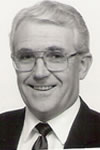
Alan E
Stocks AM
Member Bio
Alan E Stocks AM (Deceased)
Dr Alan Stocks AM studied medicine at King’s College Hospital, London, qualifying in 1960. During final year he developed type 1 diabetes, and decided soon thereafter to pursue a career in diabetes, beginning as House Physician to the King’s Diabetic Department, founded by R.D.Lawrence. He emigrated to Australia in 1961, and married Dr. Miriam Stafford. Miriam had successfully recommended an appointment for Alan as an RMO at Princess Alexandra Hospital Brisbane, where he later became Visiting Physician to the Diabetic Clinic after postgraduate training with Dr. FIR (Skip) Martin at Royal Melbourne Hospital and Prof. John Butterfield at Guy’s Hospital London. Alan is a founding member of ADS, served on Council for ten years,and was its President from 1980 – 82. He is a Governor of the Kellion Diabetes Foundation Ltd., and the founder and administrator of the Kellion Victory Medals Scheme. A particular research interest is the ability of domestic dogs to detect hypoglycaemia in their diabetic owners. Alan was made a Member of the Order of Australia (AM) in 1998.

Michael
Suthers
Member Bio
Michael Suthers
Dr Michael Suthers graduated from Monash University in 1969. He intended to pursue a career in basic medical research, but after graduation was drawn into clinical medicine. His endocrine training was at Prince Henry’s Hospital in Melbourne. Gordon Ennis was his main instructor for diabetes care . Michael established a private practice, and worked at Moorabbin Hospital and Prince Henry’s Hospital and Kingston Centre until moving to Cairns in 1984. At that time there was very little endocrine service in rural Queensland. He established community based diabetes centres at Moorabbin Hospital and Cairns Base Hospital. Michael’s work in Cairns involved outreach services to the Aboriginal and Torres Strait Island communities – clinical work and supervision of services provided locally and by the multi- disciplinary team of the Cairns Diabetes Centre. The centre in Cairns has grown to become the central resource for effective clinical services throughout Cape York and the Torres Strait.
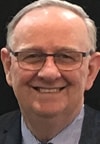
Glenn
Ward
Member Bio
Glenn Ward
A/Professor Glenn Ward BSC, MBBS, D Phil(Oxon), FRACP, FRCPath, MAIMS, is currently Medical Director of Pathology, Deputy Director of Endocrinology, Head of Diabetes, Clinical Consultant in Biochemistry, and Honorary Research Fellow in the Bionics Institute at St Vincent’s Hospital Melbourne. He was appointed Associate Professor of Pathology in 2001, a Member of the Australian Institute of Medical Scientists in 2017 and is the Endocrinologist for the Melbourne Branch of the Australian Islet Transplant Program since 2006 . His FRACP (Endocrinology) led to a Nuffield Scholarship and DPhil(Oxon) at Oxford University, Fellowship of the Royal College of Pathologists, and NHMRC Australian Postdoctoral Fellowship at the Royal Melbourne Hospital. Research at St. Vincent’s Hospital included investigation of islet function and insulin action in Human Islet Transplantation and therapy of hypoglycaemia-unaware Type 1 Diabetes by Islet Transplantion or Closed-Loop Insulin Pumps, leading to over 100 publications in refereed journals, book chapters and books. He was an ADS councillor from 1994-1998, Secretary 1998-2000, Vice-President 2000-2002 and President 2002-2004. He served as a Board Director of Diabetes Australia National from 1994-2004, including serving as Founding Chair of its Medical Educational and Scientific Council 1998-2000, Founding Chair of its Cross Cultural Committee 2000-2004, and Executive Committee Member 2002-2004.
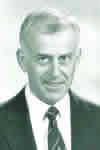
Timothy A
Welborn AO
Member Bio
Timothy A Welborn AO
Emeritus Consultant, Sir Charles Gairdner Hospital, Clinical Professor of Medicine, University of Western Australia
Dr Timothy A Welborn a Resident & Research Assistant in the Department of Endocrinology at Hammersmith Hospital from 1963 to 1966. Dr Welborn completed his PhD at London University on epidemiological studies of the levels of insulin in 1969. Consultant in Department of Endocrinology & Diabetes at Sir Charles Gairdner Hospital from 1970-2002. Dr Welborn received the Excellence in Service Award from the SCGH Clinical Staff Association in 2002. Population studies on insulin levels and insulin resistance, diabetes and cardiovascular disease risk factors in Busselton 1966-1985, National Heart Foundation 1986-1989, the Australian Bureau of Statistics Health Survey 1995, and the Australian Diabetes Obesity and Lifestyle Study (AUSDIAB) 2000-2001. Also epemiologival studies on prevalence of diabetic complications, C-peptide discriminating type 1 vs type 2 diabetes and staff stimulation of insulin dependent diabetes. Dr Welborn is a Member of the Australian Diabetes Society since 1973. President of ADS 1982-1984, overseeing the amalgamation of diverse diabetes organisations to form Diabetes Australia in 1986 as a uniform voice for lobbying government and coordinating service and research funding. Award Order of Australia (AO) in 2004. Dr Welborn continues in endocrinology and diabetes private practice.
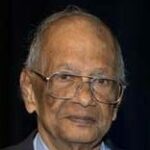
Ranji
Wikramanayake
Member Bio
Ranji Wikramanayake (Deceased)
Dr Ranji Wikramanayake was born in Sri Lanka and graduated from Ceylon Medical College in 1958 before travelling to the UK to complete his post graduate studies at Edinburgh Infirmary and London. In 1962 he returned to Sri Lanka and was appointed Resident Physician to the General Hospital of Colombo and later Physician in the Outpatient Department. It is here that his interest in diabetes developed and soon he was running a diabetes outpatient clinic at the hospital, treating over 1500 patients each year. In 1968, at the request of the IDF, he published an article on 2500 patients entitled “Diabetes as it exists in Ceylon” in the IDF journal. He was also a pioneer in the combination treatment of sulphonyureas with insulin in the treatment of Diabetes, published in the Indian Journal. In 1969 he was awarded the Nuffield Fellowship to study diabetes and endocrinology in London and remained in the UK until his appointment to the Royal Prince Alfred Hospital (RPA) in Sydney in 1975. During his career in Sydney, Dr Wikramanayake was appointed staff specialist to run the Diabetes Services at RPA, set up the diabetes clinic at Concord Hospital and was an honorary physician at Canterbury Hospital, where he later ran a gestational diabetes service. His studies on diabetes have been published in several medical journals including the Indian Diabetes Journal and the IDF Journal. He has been a member of ADS since 1975.

Paul
Williams
Member Bio
Paul Williams
A/Professor Paul Williams Joined the Australian Diabetes Society in 1973 soon after its inauguration in 1972 at the Australian Endocrine Society Meeting. He completed a Masters Degree in 1979 and a PhD in 1985. Paul has been involved in diabetes research since 1972, covering insulin resistance, insulin receptor structure and function, insulin action, diabetes complications and pathology testing for diabetes. In 1993 at Stonybrook University, Long Island (USA) he was involved in mapping the individual amino acids responsible for insulin receptor binding. During 1994 and 1995 he was on the ADS program organising committee, and joined the ADS Council in 1996 where her served as Councillor Treasurer, Vice President and President in 2001-2002. He is a Director of Diabetes Australia Research Ltd. (appointed 2002) and rejoined the Diabetes Australia Board in 2008 after serving there from 1998-2002. He has been a member of the Diabetes Australia International Affairs Committee since 1999, he is on the Executive Committee of the International Diabetes Federation Western Pacific Region and has been an IDF delegate for Diabetes Australia since 1999. Paul is currently the Endocrine Society of Australia’s delegate to the Pathology Associations Committee and a member of the American Diabetes Association. He has been a Foundation Fellow of the Faculty of Science (RCPA) and an Associate Member of the Royal College of Pathologists of Australasia. He is an Associate Professor and Principal Research Fellow at the University of Sydney Medical School and is head of the Diagnostic Endocrinology laboratory at Royal Prince Alfred Hospital.
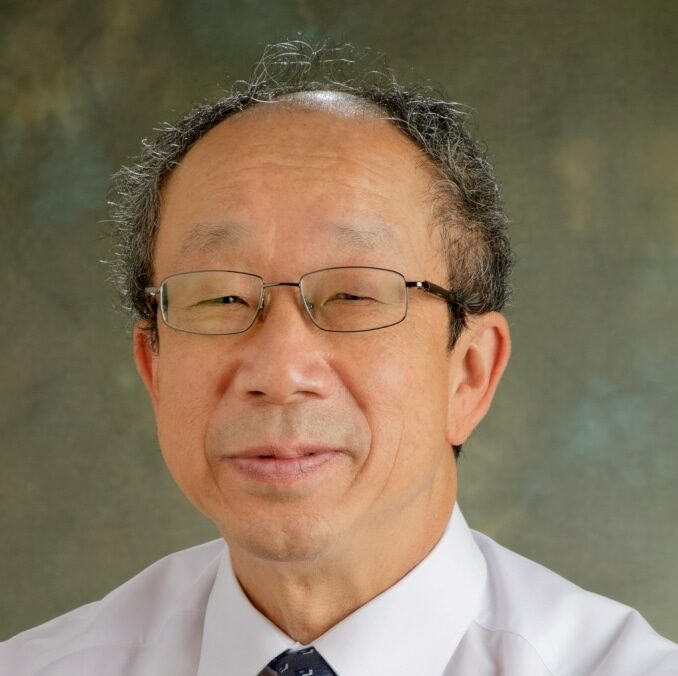
Dennis
Yue AM
Member Bio
Dennis Yue AM
Professor Dennis Yue AM is Professor in Medicine and Kellion Professor of Endocrinology at the University of Sydney. He is Head of Department of Endocrinology and Director of Diabetes of Royal Prince Alfred Hospital. Professor Yue completed his medical undergraduate training at the University of Sydney and was awarded a PhD in 1977. He became a Fellow of the Nuffield Foundation and conducted post-graduate research at the Cambridge University. His main research interests are in the area of diabetic complications. The Diabetes Foot Clinic he established at Royal Prince Alfred Hospital is considered one of the best in Australia. Professor Yue is a pioneer in developing multidisciplinary ambulatory care as a model of providing cost effective management of diabetes in the community. He is also well known for having established a comprehensive clinical database of diabetes which has facilitated many facets of diabetes research. Professor Yue was a recipient of the Millennium Award of Diabetes Australia for diabetes research, the Leo Dintenfass Medal of the Rebecca Cooper Foundation for research in diabetes and the Kellion Award of the Australian Diabetes Society for outstanding contribution to diabetes service and research. He was also made a Member of the Order of Australia by the Australian Government.
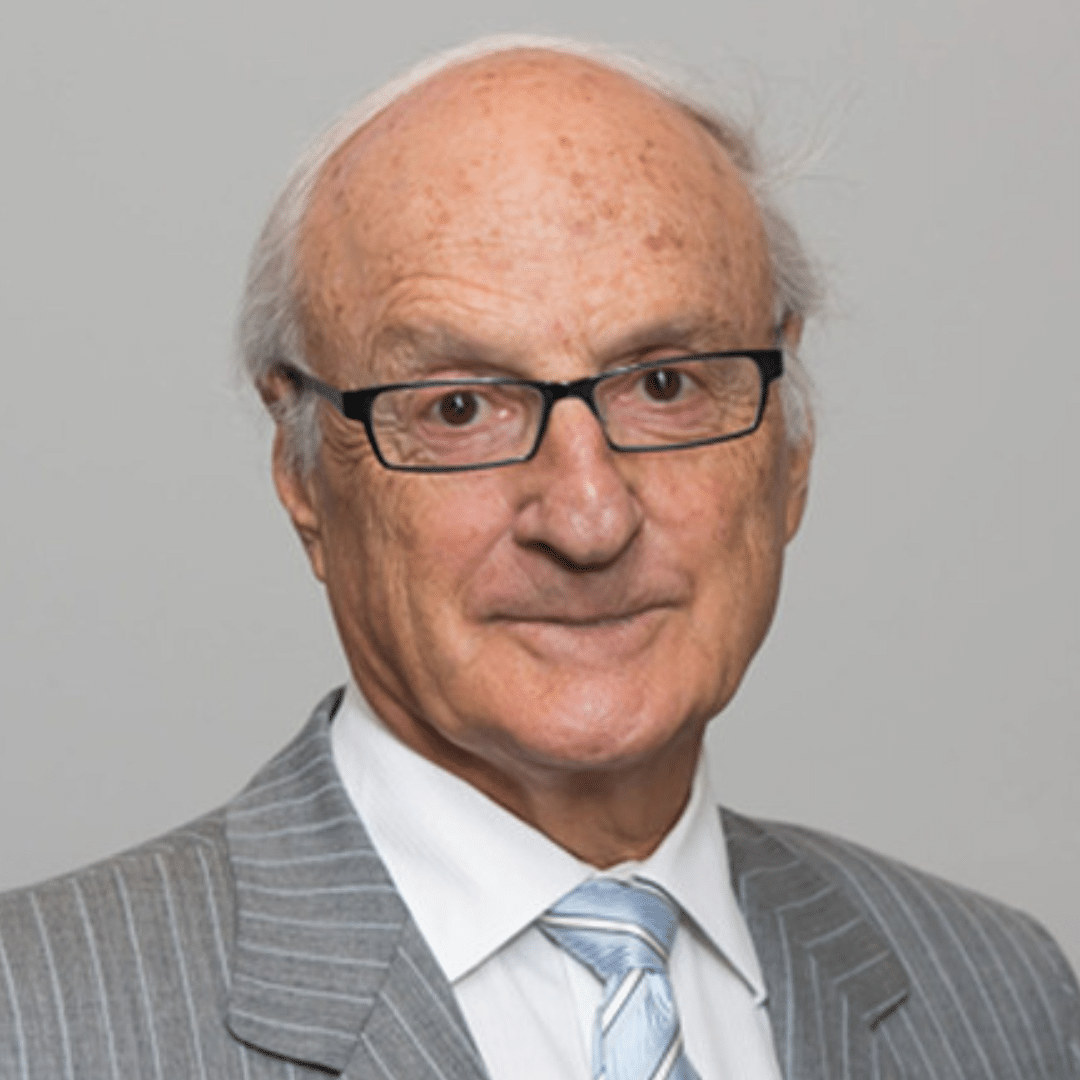
Paul
Zimmet AO
Member Bio
Paul Zimmet AO
MD PhD FRACP FRCP FTSE Hon Doctoris Causa (Complutense, Madrid)
Professor Paul Zimmet was the Founding Director of the International Diabetes Institute and is now Director Emeritus, Baker IDI Heart and Diabetes Institute and Honorary Professor, Monash University. He co-chairs the IDF Task Force on Epidemiology and Prevention and co-chaired the 2009 WHO Expert Committee on Diabetes. He has been a vigorous advocate to bring diabetes to the forefront in Australia. He has an outstanding international record in diabetes and obesity research, particularly in the field of epidemiology, public health and molecular biology. He helped to establish, and co-leads, “AusDiab”- the first national diabetes study. He is actively involved in indigenous diabetes activities in Central Australia. He is also widely recognised for his studies in Mauritius and in Pacific Ocean populations providing new insights into the aetiology of type 2 diabetes. He is an Honorary Life Member of the ADS and EASD. He has been awarded many Australian and international honours and received the 2010 Grand Hamdan International Prize for Medical Sciences. He has been awarded Officer of the Order of Australia (AO) for distinguished services to medicine, nutrition, and the biotechnology industry and was a member of the Australian Government Preventative Taskforce for Obesity, Tobacco and Alcohol.
Nominating Honorary Life Members
The Council of the Australian Diabetes Society wish to remind the members that Specialist- Clinician, Specialist-Scientist, Professional or Corresponding members of the Society may be nominated for admission as an Honorary Life Member of the ADS.
The following is an extract from the ADS Constitution on the process under Items 16 & 20.
16. Grant of Honorary Life Membership
16.1 Any individual may be granted honorary life membership pursuant to rule 20 below.
16.2 An Honorary Life Member: (1) has the right to receive notices of and to attend and be heard at any general meeting; and (2) has the right to vote on any motion at any general meeting.
16.3 Honorary Life Members may vote on special resolutions
20. Honorary Life Membership
20.1 A Specialist Member, Professional Member or Corresponding Member may be nominated by a proposer and seconder (both of whom must be Specialist Members) for admission as an Honorary Life Member of the Society. Nominations must be delivered to the Society at its registered office for consideration by the National Council and must be supported by a curriculum vitae which evidences the member’s pre-eminence in professional, scientific or societal aspects of diabetes.
20.2 The nomination will be considered by the National Council and if, in the opinion of the National Council (directors of the National Council having an interest in the nomination having declared that interest and abstained from voting) the nominee is distinguished by their contribution to the knowledge of diabetes or to the welfare of people with diabetes and worthy of the distinction, the member will be conferred with Honorary Life Membership.
Order of members receiving Life Membership to the Australian Diabetes Society:
- Joe Bornstein (Deceased)
- Harald Breidahl (Deceased)
- Kempson Maddox (Deceased)
- Pincus Taft (Deceased)
- Robin Burston (Deceased)
- F I R (Skip) Martin (Deceased)
- Alan Stocks (Deceased)
- Brian Hirschfeld
- Paul Moffitt
- Barry Young (Deceased)
- John R. Turtle (Deceased)
- Don Chisholm
- Paul Zimmet
- George Jerums
- Edward Kraegen
- Frank Alford
- Tim Welborn
- Len Harrison
- Martin Silink
- Paul Bartley (Deceased)
- John Carter
- Alex Cohen
- Michael Suthers
- Paul Williams
- Joseph Proietto
- Pat Phillips
- Stephen Colagiuri – 2011
- Robert Moses – 2011
- Dennis Yue – 2012
- Lesley Campbell – 2013
- Margaret McGill – 2013
- Jeff Flack – 2014
- Peter Colman – 2015
- Ranji Wikramanayake – 2016 (Deceased)
- Glenn Ward – 2019
- Michael d’Emden – 2024


